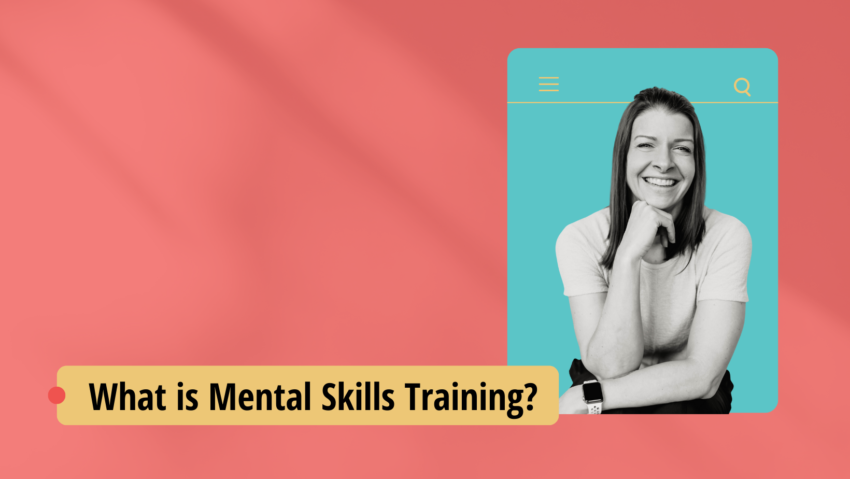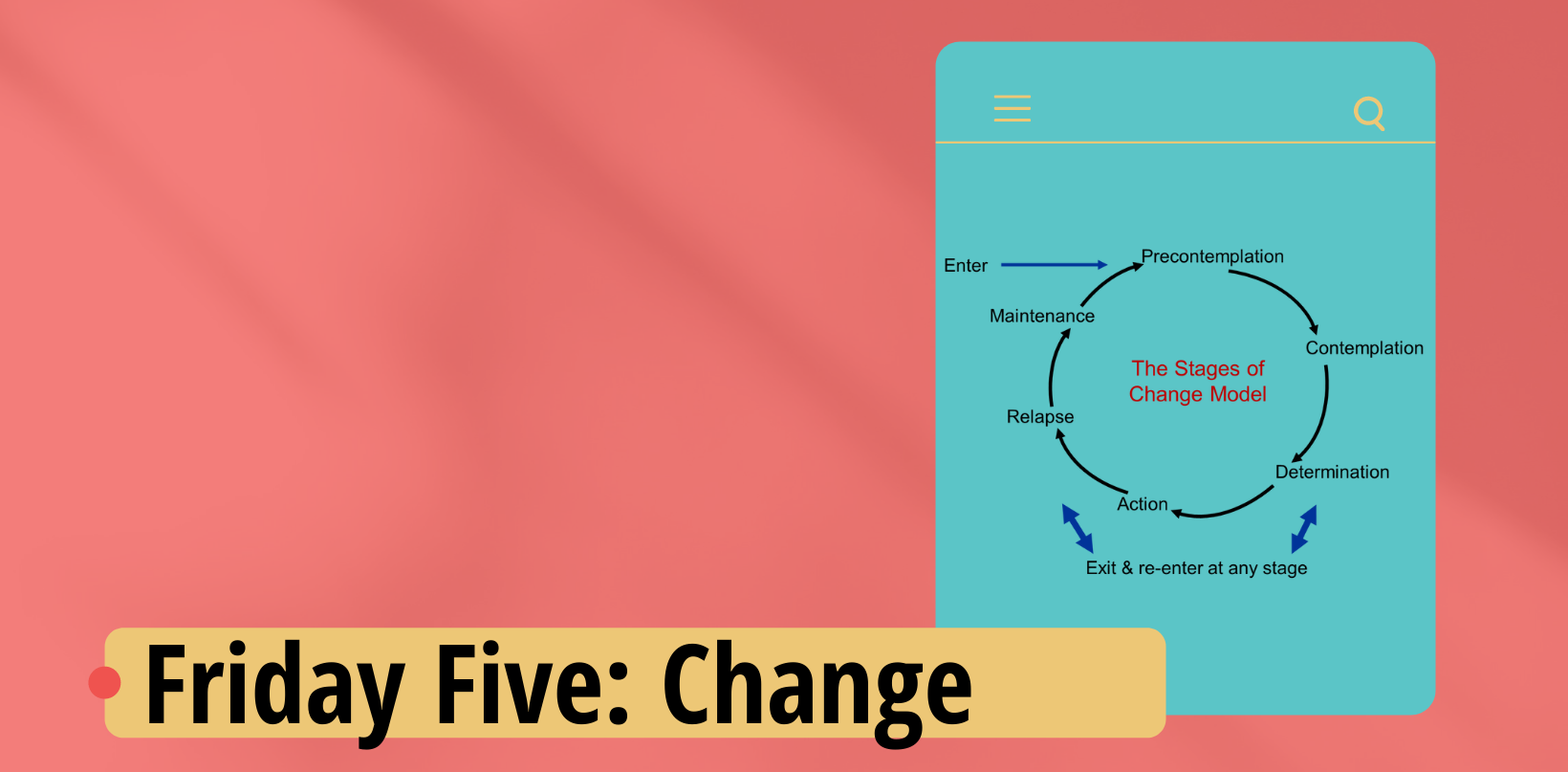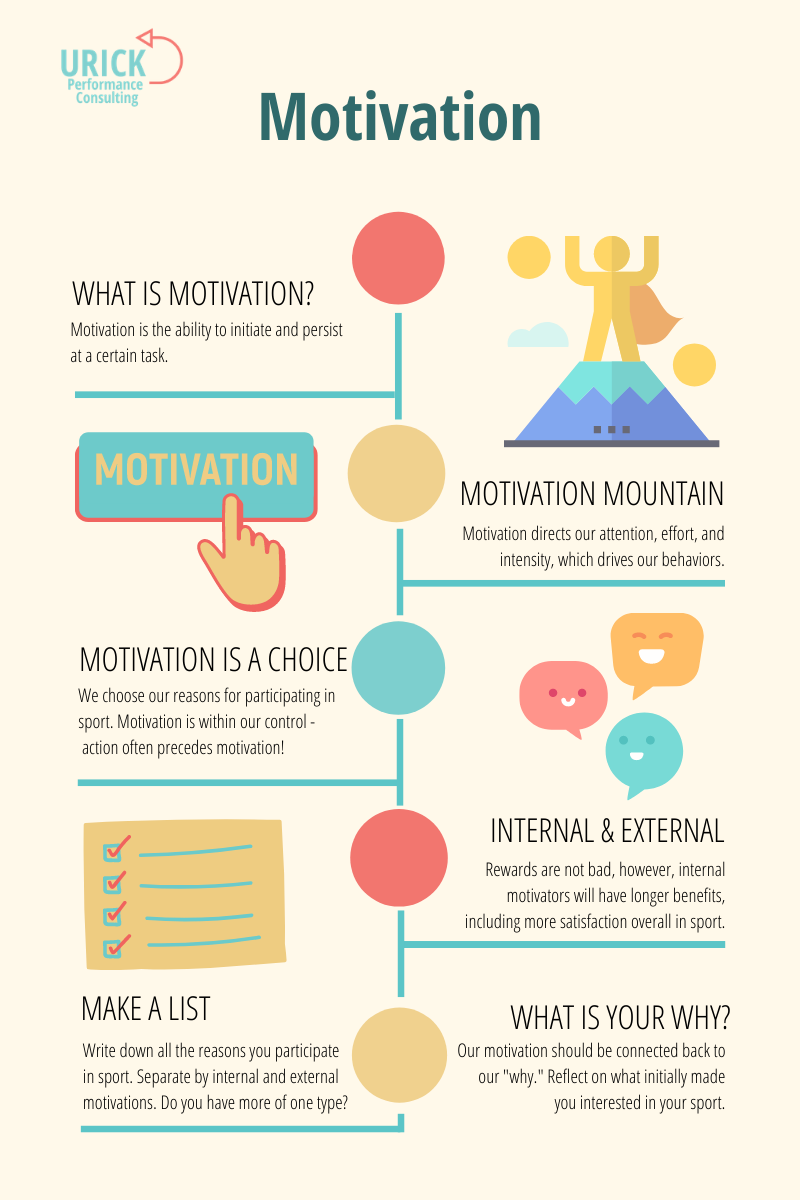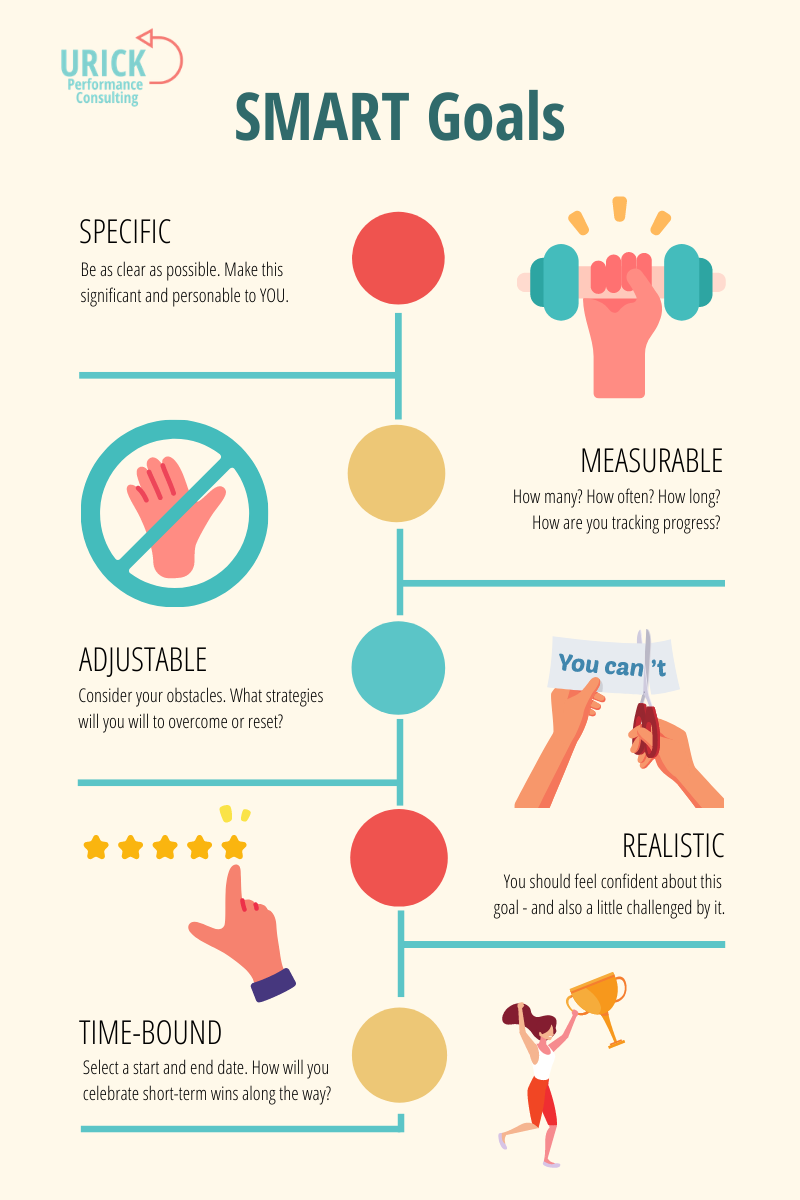Working with young athletes, I have seen firsthand how important mental skills are for success in sport. While physical ability and technical skills are certainly important, it is often the mental aspect of the game that separates them from their peers. With that in mind, I wanted to share with parents three important mental performance skills that can help their young athletes reach their full potential.
- Goal Setting – Setting goals is essential to success in any endeavor, and sports are no exception. However, not all goals are created equal. To be effective, goals must be specific, measurable, and achievable. Encourage your child to set goals that are focused on their performance rather than the outcome of the game. For example, instead of setting a goal to win the game, encourage your child to set a goal to improve their accuracy with their shots or to maintain a faster pace than their last meet.
- Positive Self-Talk – The way your child talks to themselves can have a big impact on their performance. Negative self-talk can be defeating and can lead to feelings of anxiety and self-doubt, while positive self-talk can help build confidence and encourage motivation. Remind your young athlete of their strengths and abilities, and by using affirmations such as “I am strong” or “I can do this.” By doing so, they can build a positive mindset that can help them perform at their best.
- Mindfulness – By practicing mindfulness, young athletes can develop greater self-awareness and emotional regulation. Mindfulness is the practice of being fully present in the moment, without judgment or distraction. It can help young athletes stay focused and calm, even in high-pressure situations. Encourage your child to practice this by focusing on their breath, and by paying attention to their thoughts and feelings without getting caught up in them. Working up from there, they can eventually try incorporating mindfulness into their pre-game routine by taking a few deep breaths to center themselves.
Mental skills are just as important as physical skills when it comes to sports performance. As a parent, you can help your child develop these important skills such as goal-setting, positive self-talk, and mindfulness. While these three alone are powerful, other skills could be even more beneficial for your young athletes. Discuss with your child how they can practice their mental game, and subsequently experience more success in their sport.




